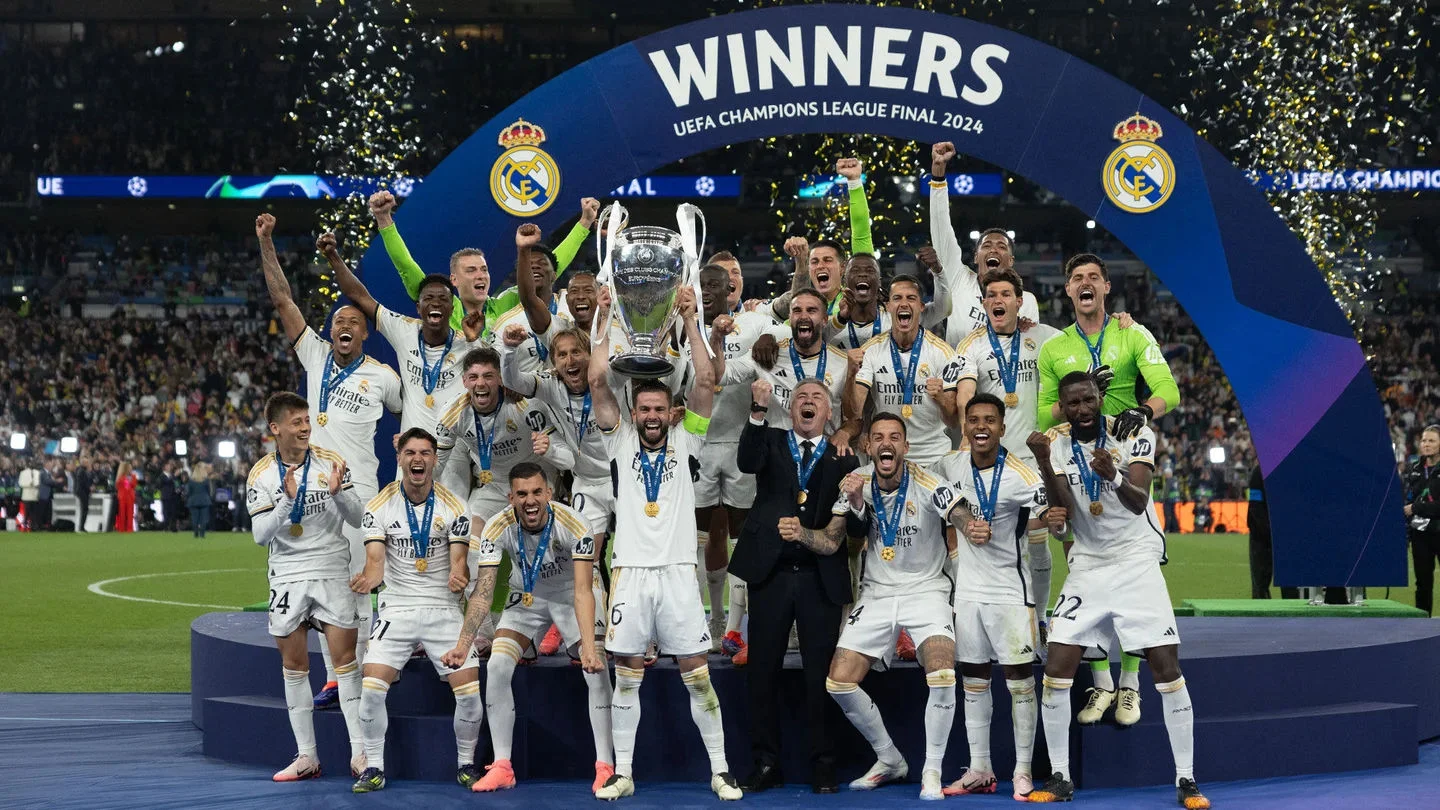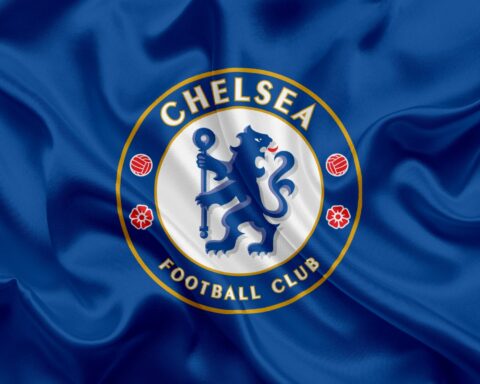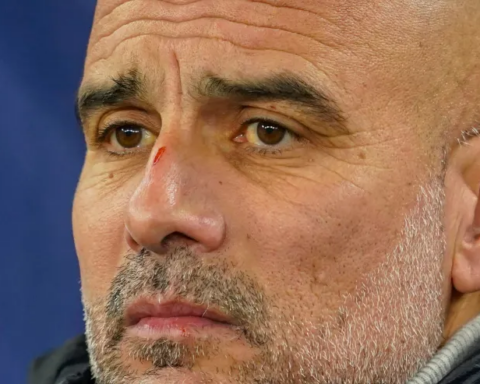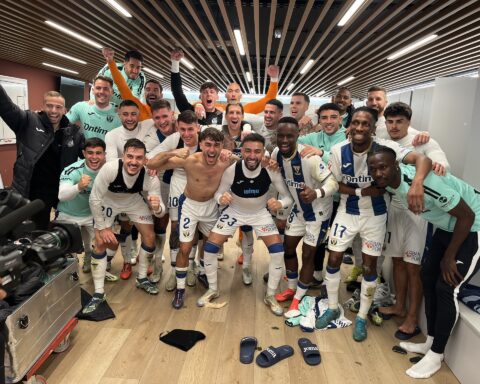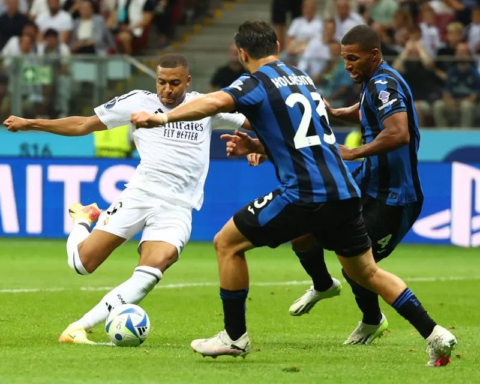When it comes to football, few names resonate as powerfully as Real Madrid. This storied club, based in Madrid, Spain, has etched its name in history as one of the most successful and beloved football teams globally. From legendary players to a string of unprecedented victories, Real Madrid’s journey to becoming the world’s greatest football club is a tale of ambition, perseverance, and an unwavering commitment to excellence.
The Foundation of Greatness :
Real Madrid Club de Fútbol was founded on March 6, 1902, and since then, it has grown from local roots to international prominence. The club’s early years were characterized by a strong competitive spirit, and it quickly established itself in Spanish football. However, it was the mid-20th century that set the stage for Real Madrid’s ascendancy.
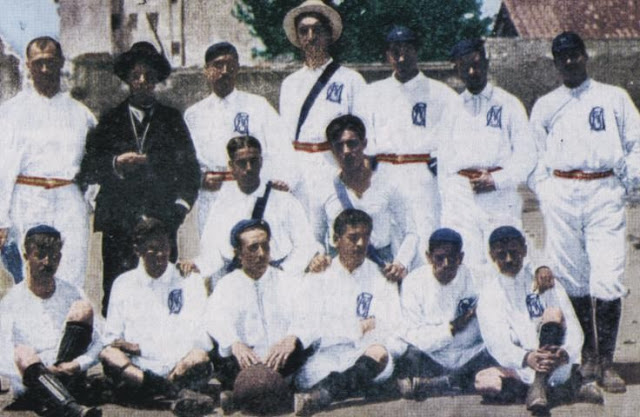
In the 1950s, Real Madrid became the first team to win the European Cup (now known as the UEFA Champions League), claiming the title five times in a row from 1956 to 1960. This golden era not only showcased the club’s on-pitch prowess but also highlighted the arrival of football legends like Alfredo Di Stéfano and Francisco Gento. Their exceptional talent and charisma captivated fans, establishing Real Madrid as a symbol of footballing excellence.
A Legacy of Legendary Players :
What truly sets Real Madrid apart is its rich history of legendary players. Over the decades, the club has been home to some of the greatest talents in football history. From the elegant playmaking of Zinedine Zidane to the explosive speed and skill of Cristiano Ronaldo, each era has brought a unique flair to the club’s identity.
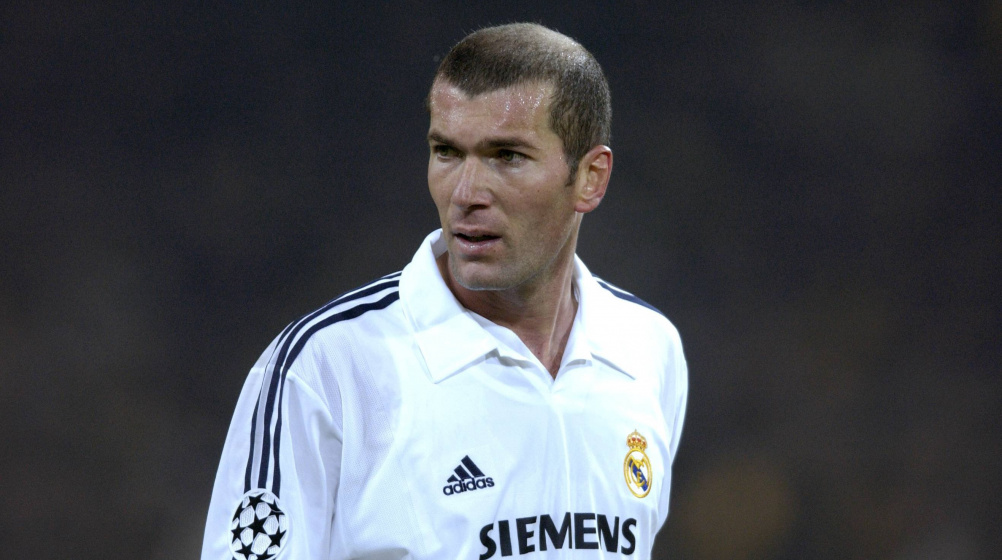
Real Madrid has also been a nurturing ground for homegrown talent, producing players like Raúl González, Iker Casillas, and Sergio Ramos. This blend of iconic signings and nurturing youth talent has allowed the club to maintain a competitive edge while creating a strong sense of identity and loyalty among its supporters.
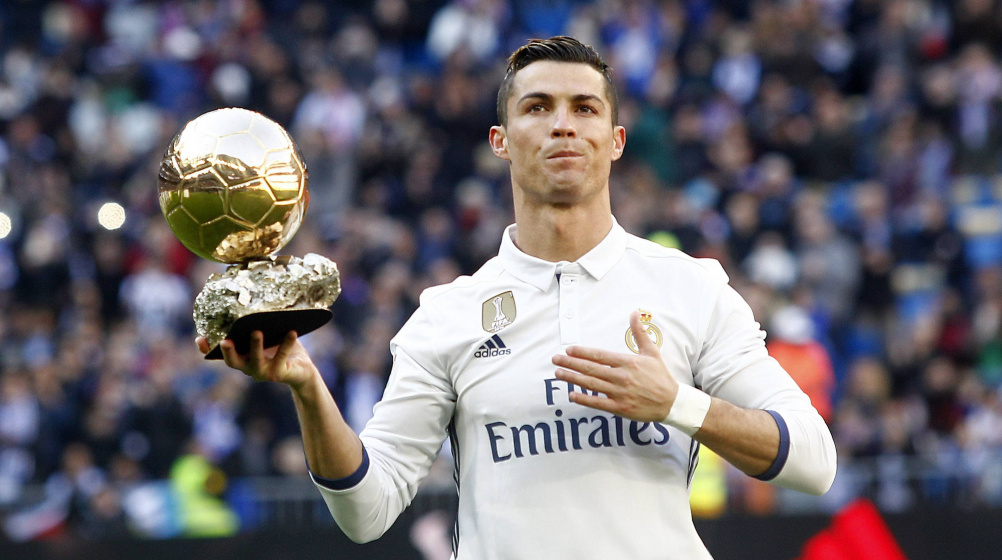
Tactical Evolution and Innovation :
Real Madrid’s success is not solely attributed to individual brilliance; it’s also a product of tactical evolution. Under various managers, the club has embraced innovative strategies, adapting to the changing landscape of football. Legendary coaches like Miguel Muñoz, Carlo Ancelotti, and José Mourinho have all left their mark on the club’s playing style, emphasizing attacking football, discipline, and a winning mentality.

The club’s tactical flexibility has enabled it to thrive in various competitions, consistently challenging for both domestic and international titles. This adaptability has become a hallmark of Real Madrid’s identity, allowing it to navigate through different eras of football with relative ease.
The Galácticos Era :
In the early 2000s, Real Madrid introduced the “Galácticos” policy, a groundbreaking approach that aimed to sign the world’s best players to create a team of superstars. This era saw the arrival of icons like Zinedine Zidane, Ronaldo, David Beckham, and Luís Figo, turning Real Madrid into a global marketing phenomenon. The Galácticos strategy was not only about star power on the pitch but also about expanding the club’s global brand.
While the approach received criticism for its potential lack of team cohesion, it undeniably brought a new level of attention to the club, turning Real Madrid into a household name around the world. The team won numerous titles during this period, solidifying its status as one of football’s premier clubs.
Continued Success and Global Reach :
Today, Real Madrid continues to thrive, boasting a passionate fan base that spans the globe. The club has won a staggering 36 La Liga titles and 15 UEFA Champions League trophies, the most in history. Its success is fueled by a relentless pursuit of excellence, backed by a solid financial foundation and a commitment to nurturing talent.
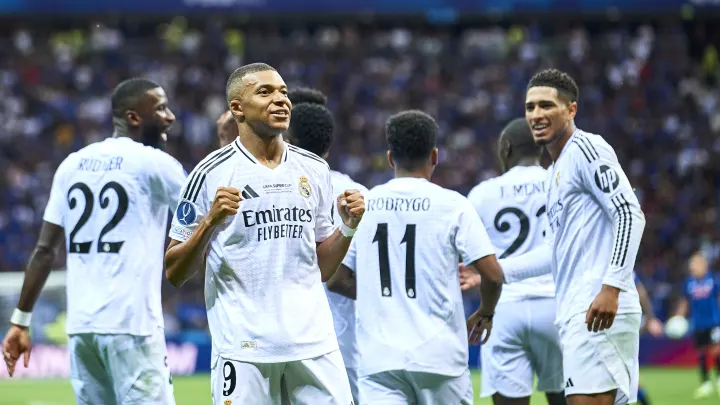
Real Madrid’s influence extends beyond the pitch; it plays a crucial role in promoting football globally. The club’s commitment to social initiatives and community engagement further enhances its reputation as a leader in the footballing world.
